|
10/28/2015 Part 4: See the Triumph Radio Interview About the Stigma Surrounding Intimate Partner ViolenceBelow, you'll find the fourth and final interview that See the Triumph Co-Founder, Christine Murray, did with WSJS Talk Radio in North Carolina to talk about the stigma surrounding intimate partner violence. The focus of this week's interview is on holding offenders of abuse accountable. To listen to the interview, please download the audio file below.
By Allison Crowe, See the Triumph Co-Founder
When we started the See the Triumph campaign, I had no idea how many powerful, painful, triumphant stories I would hear from survivors of intimate partner violence. When we have heard from our research participants about their experiences with leaving an abusive relationship, how they did it, what challenges they had to overcome, what messages they’d like to share with others, I am blown away by the strength and perseverance it takes to triumph over abuse. One metaphor we have heard over and over is the notion of the uphill battle. Not just in leaving the abusive relationship but also after the person has left and begins the process of rebuilding his or her life after the abuse. Take “Barbara,” for example, who had been married for some time to her husband, “Steve,” whose abusive behavior only grew worse the longer they were married. (Note: these are not their real names.) Years into their marriage, he was diagnosed with two major mental health disorders, and soon became so paranoid that she was cheating on her that he would insist that he tangle his fingers in her hair while they slept so that she could not leave in the middle of the night without him knowing. Steve was in charge of their finances, drove Barbara to work and all other functions, started listening to her phone conversations, and checking her belongings every day before and after she came home. Any sort of refusals on Barbara’s part resulted in brutal beatings. Ultimately, Barbara was able to leave Steve and end the marriage, but only after many months of careful planning with Steve’s mother who knew of the abuse and wanted desperately to help. One of the biggest takeaways from Barbara’s story is not only the uphill battle she faced in order to get out of the abuse, but also the uphill battles she faced after leaving Steve and rebuilding her life. She described these uphill battles that she had to fight everyday as she established her new life, free from abuse. From negative attitudes from attorneys to unfair and dangerous custody arrangements to blame from her friends and family, to having to quit her job and find a new one when her boss was unsupportive of her needing a new schedule. Barbara faced a new challenge almost every day. And all at a time when she felt the most fragile after suffering from years of abuse. Today, Barbara is triumphant, strong, and resourceful. She had years of therapy to repair the damage Steve had done and enjoys reaching out to other people who are still struggling in abusive relationships. Even though most days are good ones, she still has those challenging days when it might feel like an uphill battle. She recently met a man who is kind, patient, and empowering. She had this to say when we asked her what message she’d like to share with other survivors who might be struggling, “You will get there. Little by little, just keep on fighting the uphill battle – even if there is a new hill every day.” Triumphing over abuse means not only ending the relationship, but then facing more challenges and uphill battles. Barbara is one of many of the courageous survivors whose strength and courage inspire us every day. We're thankful to Barbara and so many others who have shared these courageous stories with us. 10/21/2015 Part 3: See the Triumph Radio Interview about the Stigma Surrounding Intimate Partner ViolenceSee the Triumph Co-Founder, Christine Murray, did a third interview with WSJS Talk Radio in North Carolina to talk about the stigma surrounding intimate partner violence. The focus of this week's interview is on mandatory reporting of abuse and safety planning when leaving an abusive relationship. To listen to the interview, please download the audio file below.
10/20/2015 How Society Misses the Mark with Stereotypes about Survivors of Intimate Partner ViolenceBy Christine Murray, See the Triumph Co-Founder
It’s an honor and a privilege to have an inside glimpse into the lives of survivors of past abuse through our research and outreach with the See the Triumph campaign. Every day, I see and hear examples of ways that survivors show courage, perseverance, and compassion for others, both while they are involved in abusive relationships and after the relationship ends. Today, I want to share some of the characteristics that I’ve seen are common among the survivors who’ve shared their stories with us. These characteristics are inspiring, and they also challenge common stereotypes that society perpetuates about people who have been abused in intimate relationships. We know a lot about the stigma surrounding intimate partner violence, and this stigma often conveys that people who’ve been abused are weak, somehow to blame for their abuse, or unworthy of respect and support. The truth that I’ve learned from actual survivors, however, tells a very different story. Far from being weak, survivors possess qualities that warrant our admiration and respect. With each new story I hear, I become more convinced that society has it all wrong about survivors of abuse. Society will tell you that survivors are weak or that there must be something wrong with them to have gotten involved in an abusive relationship. Survivors themselves will wow you with their courage. You simply cannot believe how horrific the abuse is that some people experience in their relationships. We have heard many stories of abuse in which it truly is miraculous that someone could survive it. Many survivors’ abusers told them clearly and repeatedly that they would kill them if they ever left them. And yet, every survivor who has participated in our research--hundreds of them--did leave those relationships. Often, they left under great risk to their safety, and even at the risk of losing their lives. Many of them left with virtually no earthly possessions to their name, knowing that leaving their relationships meant that there was a long road ahead to rebuild their lives, essentially from scratch. The next time you’re tempted to judge a survivor of past abuse, or someone who is currently involved in an abusive relationship, think about how you might respond if you were living in such a dangerous situation. It is never as easy to leave an abusive relationship as it may appear from the outside of that relationship. Society will tell you that survivors are dependent on government resources or on their abusers or family members, and that they have a difficult time becoming independent. Although survivors may require some assistance as they begin the process of rebuilding their lives, we’ve heard remarkable stories of survivors demonstrating their resourcefulness as they move toward economic and other types of independence after the abusive relationship has ended. Imagine how hard it would be to completely have to rebuild your life, especially if you were starting from a place of having been beaten down physically and emotionally by someone who was supposed to care for you. And yet, many survivors do just this--they rebuild their lives. They make conscious efforts to recreate their lives, on their own terms. This is no easy task! It often involves a long process in which each step may feel like a monumental challenge. Because they often have limited financial resources, as well as limited social support, they show their resourcefulness each step of the way, figuring out challenges that may appear to be insurmountable at first. And yet, they figure out a way, whether that involves furthering their education, taking on new opportunities in their careers, or going in new directions in many other areas of their lives. Society will tell you, “once a victim, always a victim,” and that survivors of past abusive relationships are destined to move from one abusive relationship to another. Of course, some people do find themselves in multiple abusive relationships. However, in no way are people destined to repeat patterns of abuse. Many, many survivors of past abuse go on to live completely free of violence, whether they become involved in a new relationship or not. It takes a lot of insight to develop the self-awareness to break patterns of abuse, and we’ve seen this insight time and again in the survivors who’ve shared their stories with us. Many survivors have told us that they intentionally set out to learn about the dynamics and warning signs of abuse so that they would not repeat their abusive relationships in the future. Intense self-examination, such as through counseling, journaling, or meditation, is also part of the insight-gaining process that many survivors initiate following an abusive relationship. We must also remember that, even if people find themselves in a subsequent abusive relationship, abuse is always the full responsibility of the abuser. Abusers can be extremely deceptive and manipulative, and they typically don’t show their true colors until a relationship is established. I can think of several stories in which survivors in our research were in subsequent abusive relationships, and even in these relationships, they showed their insight by recognizing the abuse earlier than in the previous relationship and taking steps sooner to move toward safety. Society will tell you that survivors should be quiet about their stories and not air their ‘dirty laundry’ in public. But, survivors know that sharing their stories with others is crucial for helping others overcome similar situations, as well as for raising awareness about the impact of abuse on our society. You would be blown away by the compassion for others that many survivors possess. In fact, we heard the theme that the survivors in our research wanted to share their stories in hopes of helping others so often that it inspired us to start the See the Triumph campaign to begin with. Believe me, it would be easier for survivors of past abuse to leave their stories in the past once they’ve worked through their experiences. Keeping their stories to themselves would help survivors avoid the painful memories of the abuse. Telling one’s story is both empowering and terrifying at the same time. There is a huge risk inherent in telling one’s story, because there are no guarantees about how the listener will respond. And, for these reasons, it’s important for survivors to remember that it should always be their choice whether, when, and how to share their stories with others. The real-life experiences of survivors shatter many of the common negative stereotypes that contribute to the stigma surrounding intimate partner violence. Courage, resourcefulness, insight, and compassion for others are but a small sample of the inspiring characteristics that many survivors possess. Let’s continue to work toward making sure that these truths of survivors’ experiences are honored and celebrated in our society. |
Archives
July 2024
CategoriesAll About Intimate Partner Violence About Intimate Partner Violence Advocacy Ambassadors Children Churches College Campuses Cultural Issues Domestic Violence Awareness Month Financial Recovery How To Help A Friend Human Rights Human-rights Immigrants International Media Overcoming Past Abuse Overcoming-past-abuse Parenting Prevention Resources For Survivors Safe Relationships Following Abuse Schools Selfcare Self-care Sexual Assault Sexuality Social Justice Social-justice Stigma Supporting Survivors Survivor Quotes Survivor-quotes Survivor Stories Teen Dating Violence Trafficking Transformative-approaches |
||||||||||||
Search by typing & pressing enter


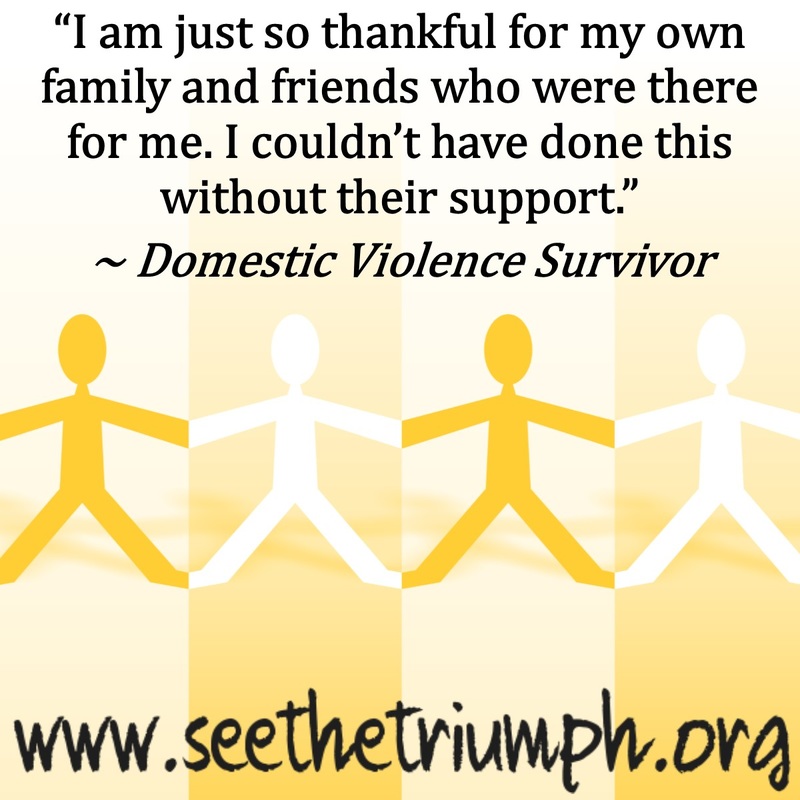
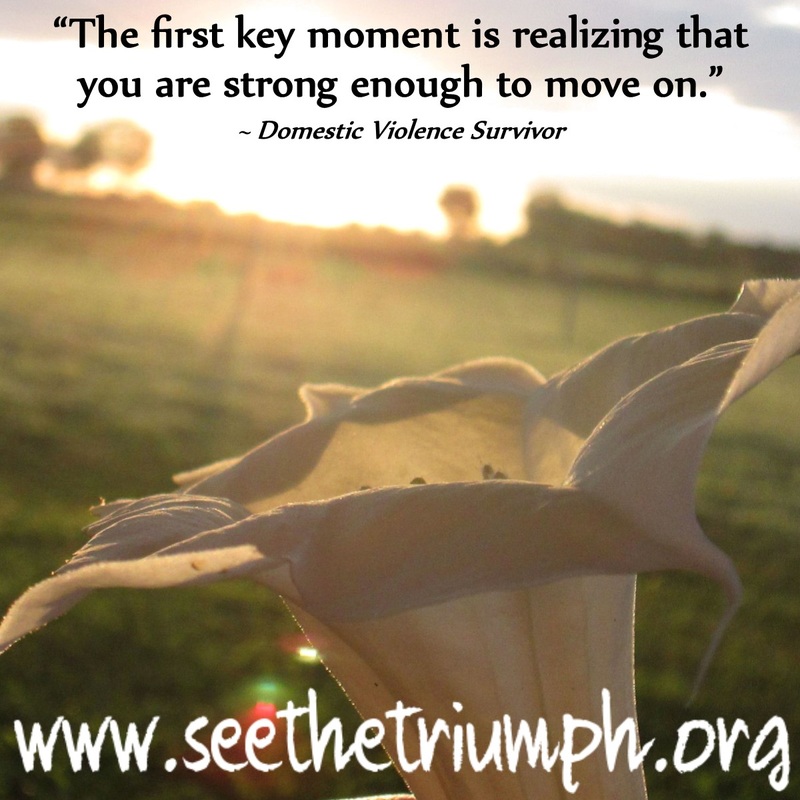
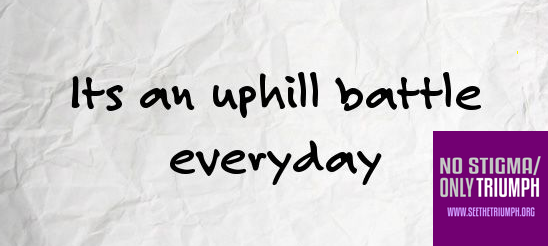
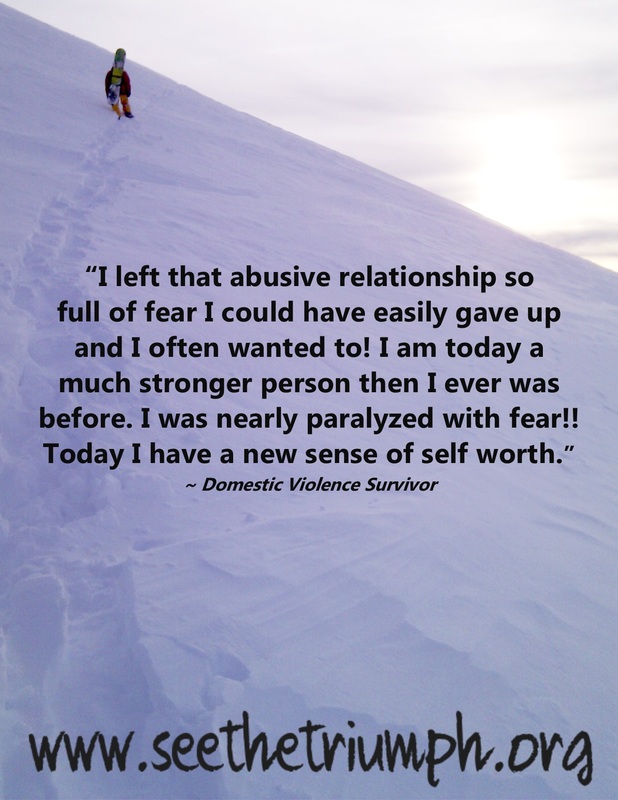
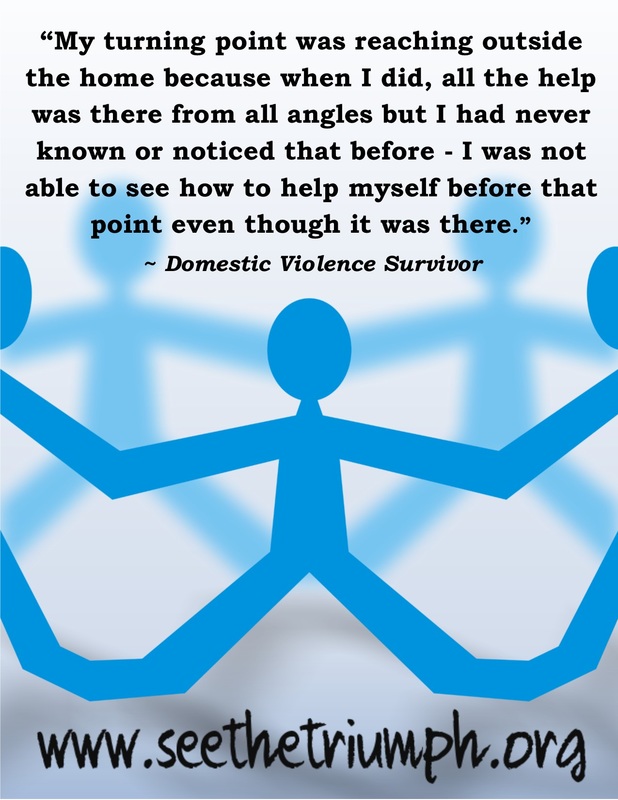
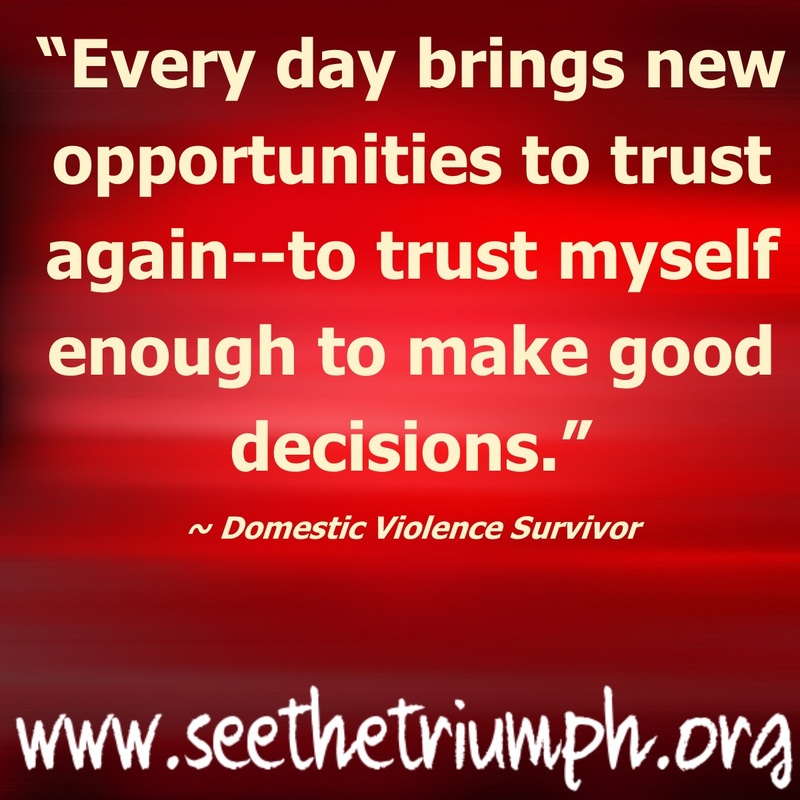
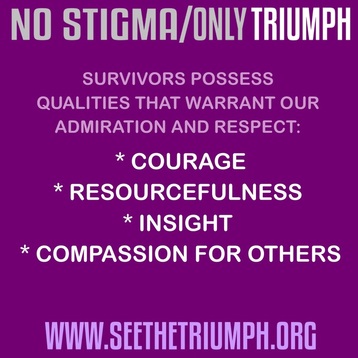
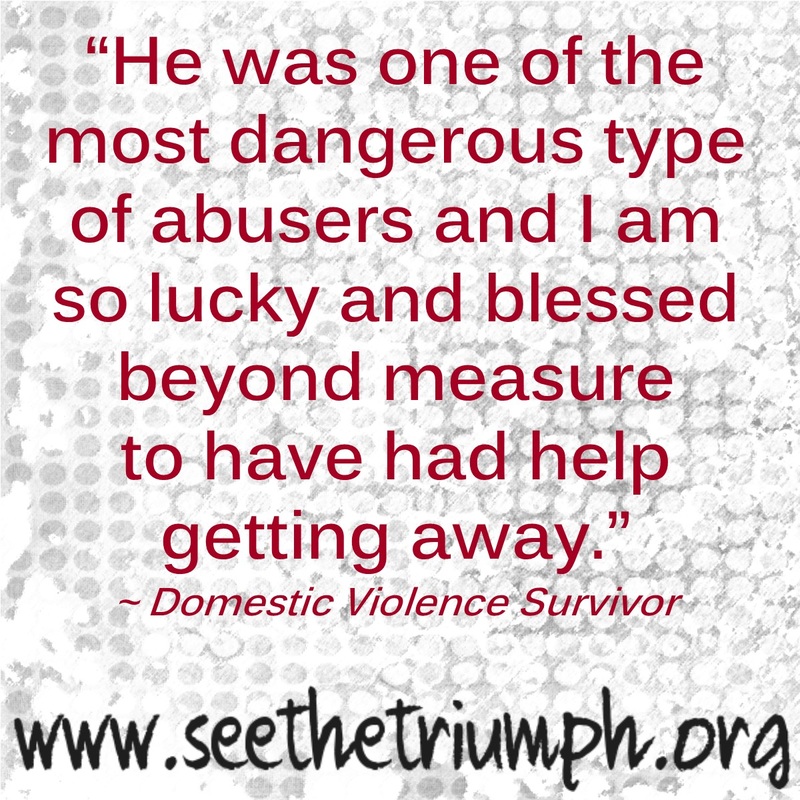
 RSS Feed
RSS Feed